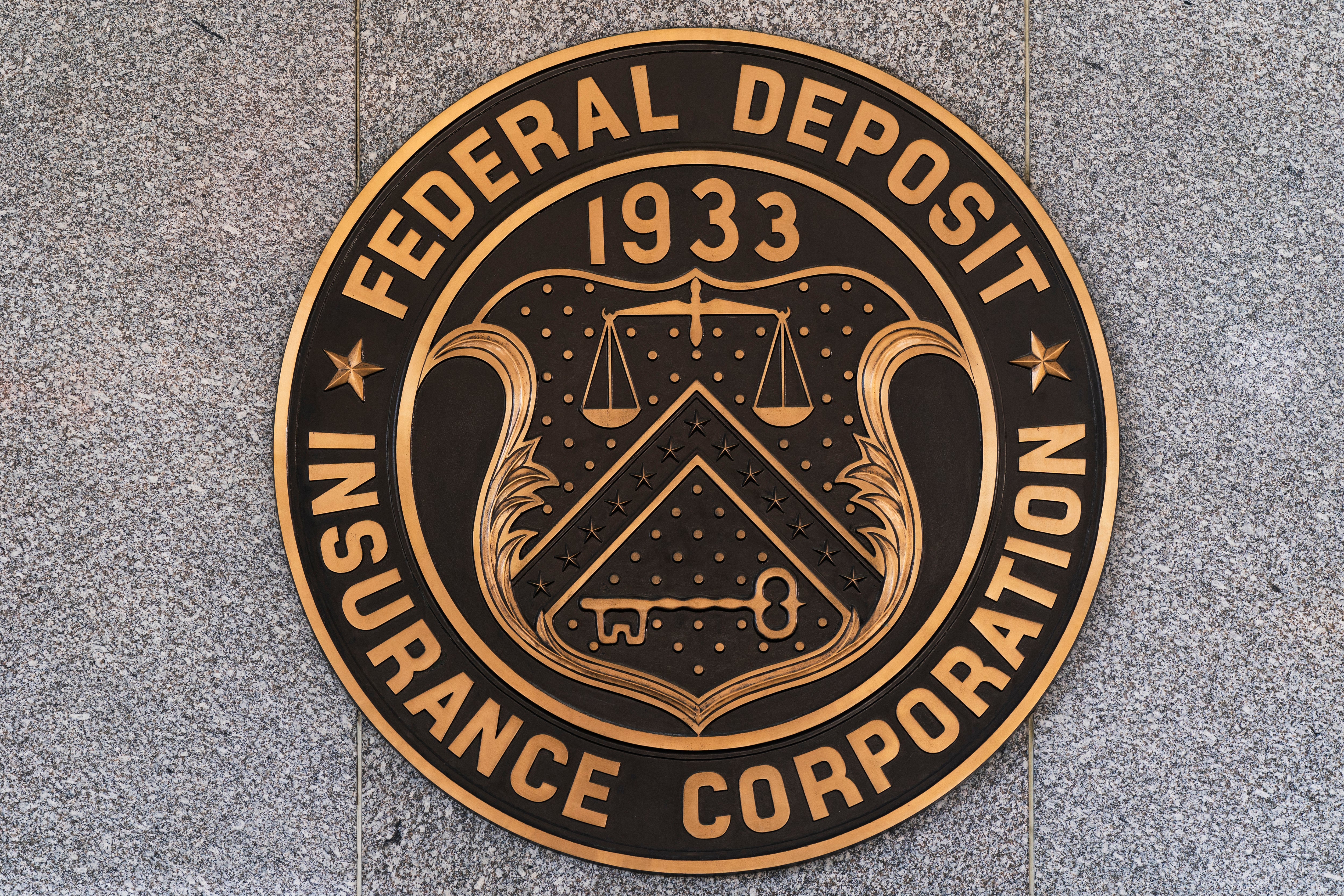
The collapse of Silicon Valley Bank and Signature Bank has sent some customers rushing to pull their money out of smaller banks, which has resulted in a windfall of new deposits for larger institutions.
Wells Fargo, Citigroup and Bank of America have all reported significant increases in deposits since SVB collapsed last week, CNN reports, citing sources familiar with the figures.
A senior Treasury official told the network that small and regional banks have been suffering deposit withdrawls since the collapse, but noted that the tide of withdrawls seems to have subsided.
Just before its collapse last week, customers at SVB withdrew $42bn. Regulators shuttered the bank during business hours on Friday, resulting in the second-largest banking failure in US history.
A source told CNN that Citi has been accelerating the opening of retail, small business lending, and wealth management accounts to keep up with the increased demand.
Bank of America also enjoyed a flow of new business, raking in more than $15bn in new deposits, according to Bloomberg News.
The move to larger banks in the wake of SVB and Signature’s collapses may indicate that consumers feel larger banks — with deeper pools of cash in deposit — are safer options than their smaller counterparts.
Adding to that confidence is the knowledge that — as happened in the wake of the 2008 financial collapse — if a large bank did crumble, the government would likely bail it out to prevent widespread damage to the economy.

However, that issue is only relevant when it comes to individuals or businesses with more than $250,000 deposited. The FDIC insures deposits up to $250,000 per borrower, regardless of the size of the bank.
In the aftermath of the recent bank collapses, some commenters on social media and in the business media have expressed concern that a contagion situation will play out, in which consumers scared by SVB's collapse will pull all of their money out of other banks, causing them to falter as well.
While it appears some customers have moved their money as a result, it does not appear to have caused any further bank closures beyond Signature Bank, which was also seized by regulators, making it the third largest bank failure in US history.







